Agricultural films are specialized plastic materials designed to enhance crop production and improve farming efficiency. These films play a crucial role in modern agriculture by regulating soil temperature, retaining moisture, and suppressing weeds. By creating a controlled environment, agricultural films can significantly boost crop yields and optimize water usage, making them indispensable tools for farmers.
Key Benefits of Agricultural Films
- Soil Temperature Regulation: They help maintain optimal soil temperatures, which is essential for seed germination and plant growth.
- Moisture Retention: Agricultural films minimize water loss from the soil, ensuring that crops receive adequate hydration.
- Weed Suppression: By blocking sunlight, these films reduce weed growth, which can compete with crops for nutrients and water.
Environmental Considerations
Despite their benefits, the widespread use of agricultural films raises concerns about environmental sustainability. The accumulation of plastic waste poses risks to soil health and ecosystems. As the agricultural sector evolves, there is a pressing need for innovative film technologies that are both effective and environmentally friendly.
Future Trends in Agricultural Films
The integration of advanced polymer materials is expected to play a significant role in sustainable farming practices. Innovations like biodegradable films and smart polymers can enhance the efficiency of agricultural operations while minimizing environmental impact. These developments will be crucial as the industry seeks to balance productivity with sustainability.In conclusion, while agricultural films are vital for enhancing crop yields and resource efficiency, addressing their environmental implications will be essential for the future of sustainable agriculture.


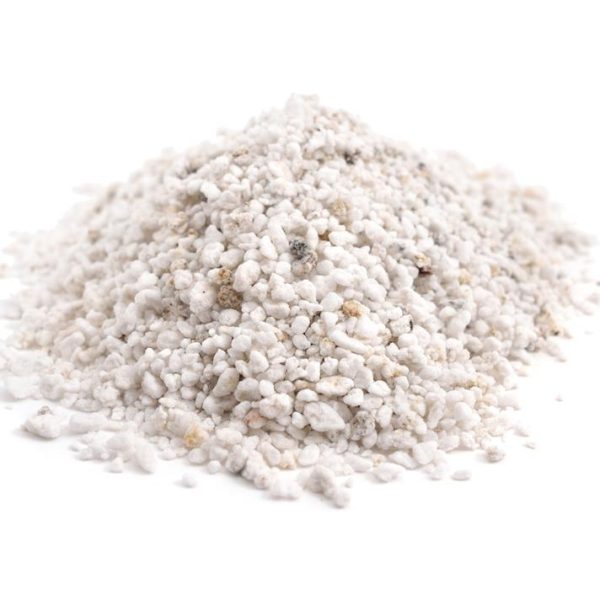
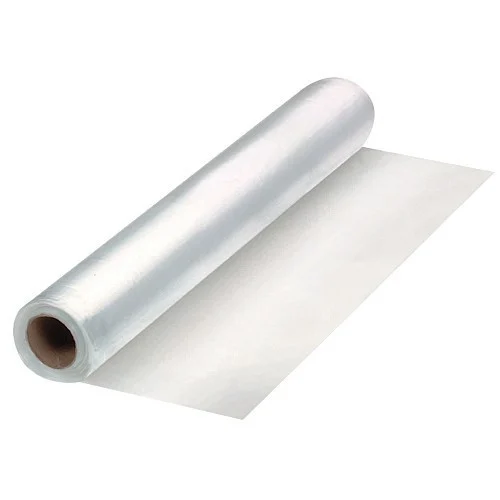
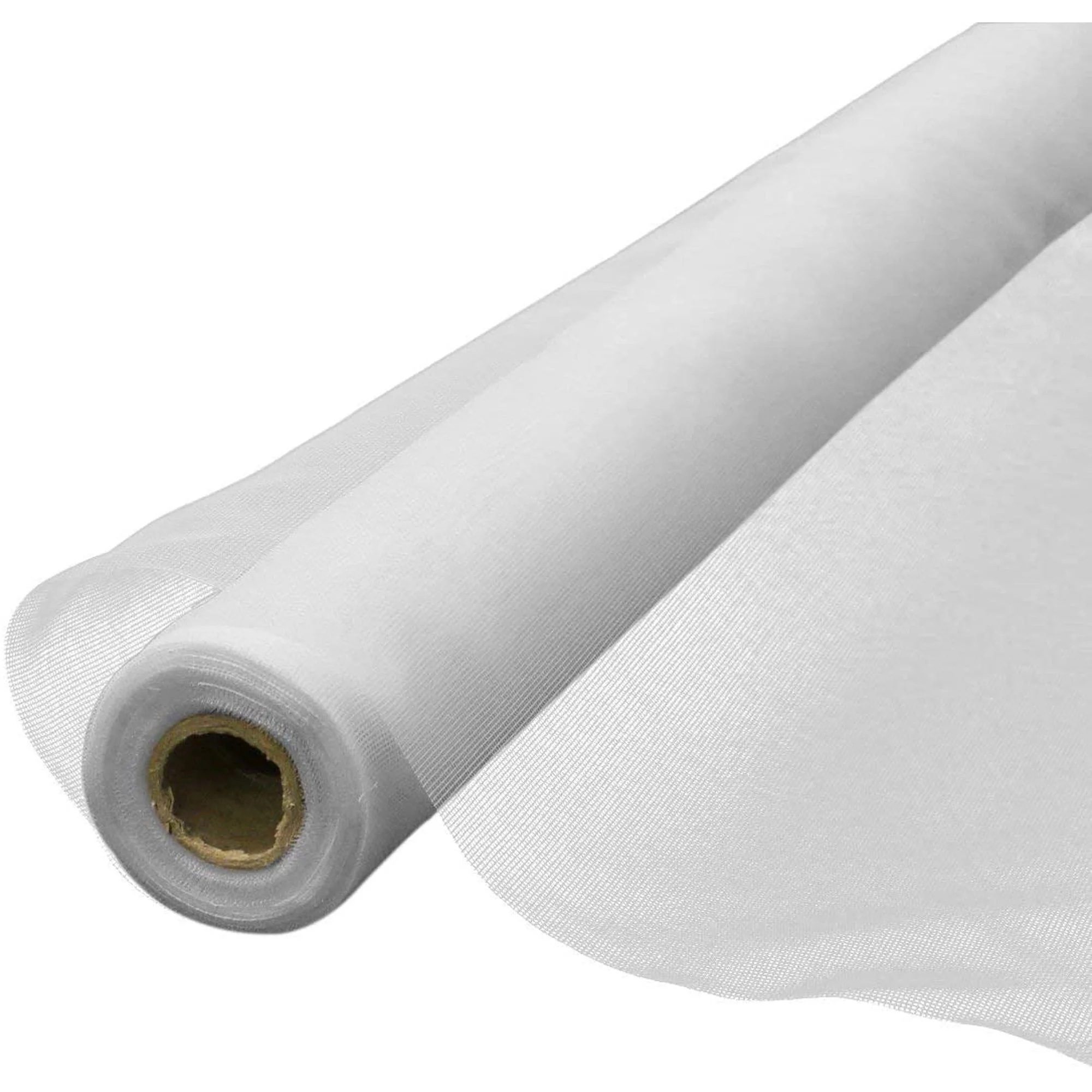
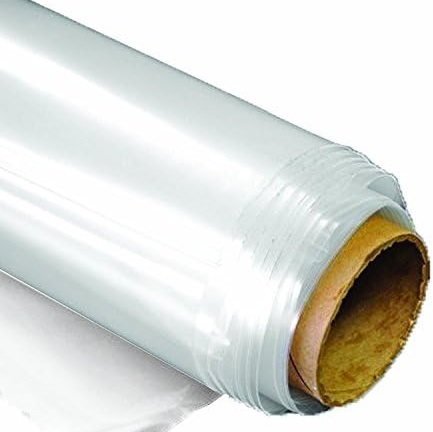



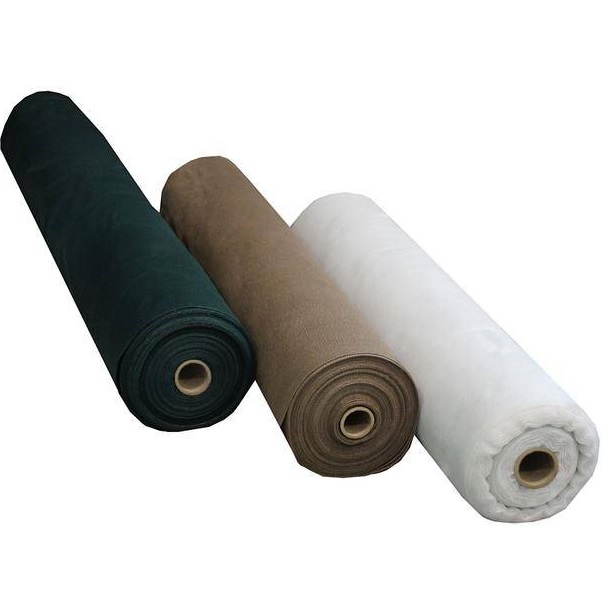
Reviews
Clear filtersThere are no reviews yet.